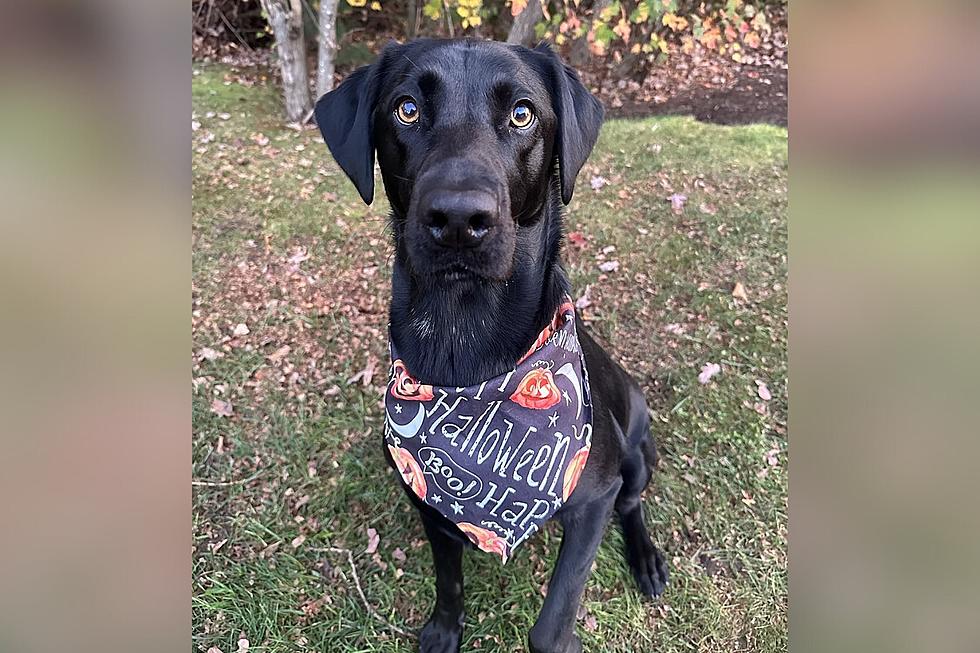
Does Your Dog ‘Bahk’ With a Boston Accent?
Officially, there are 195 countries in the world. If dogs actually can bark in different accents and localisms, we'd have to be bow-lingual or something.
I caught the tail-end of a conversation on the radio, talking about the fact that dogs do growl with regional accents. I'm sure non-animal people will laugh at the notion, but Disney was right all along about Lady in the animated film Lady and the Tramp. Researchers have found that aristocratic dogs have more of a "posh" accent when they bark.
Now, I know firsthand, that dogs sometimes look like their owners, but now scientists reckon that many dogs also sound like their owners. Studies show that dogs develop a bark or "voice" similar to their owner's regional accent. I was taken by surprise to find out that dogs actually create a large vocabulary of howls, whines, sighs, grunts, yips and growls.

In Mandarin Chinese, the most widely spoken language in the entire world, a dog's bark doesn't sound like "woof-woof" or "bow-wow," but is more like wang-wang or wong-wong. It's wuff-wuff in Germany, and in Denmark it's vuf-vuf. In Egypt, Saudi Arabia and Algeria, dogs say hab-hab, and it's all Greek to me.
According to the Canine Behavior Center in Cumbria, England, it's true that dogs indeed do have regional accents like their owners, because the owner's speech and language influences the way a dog vocalizes. You can also say with certainty that dogs are copy cats.
So if that's the case, then dogs around here copy and speak in a Bostonian "bahk" with our infamous accent. I'd be grateful if you'd let me know if you notice an accent next time your Fido barks.
Until next time, you'll have to pardon me. I just came across a BBC article that says herds of cows "moo" in distinct accents. I'll write back soon.
RANKED: Here Are the 63 Smartest Dog Breeds
More From WBSM-AM/AM 1420









